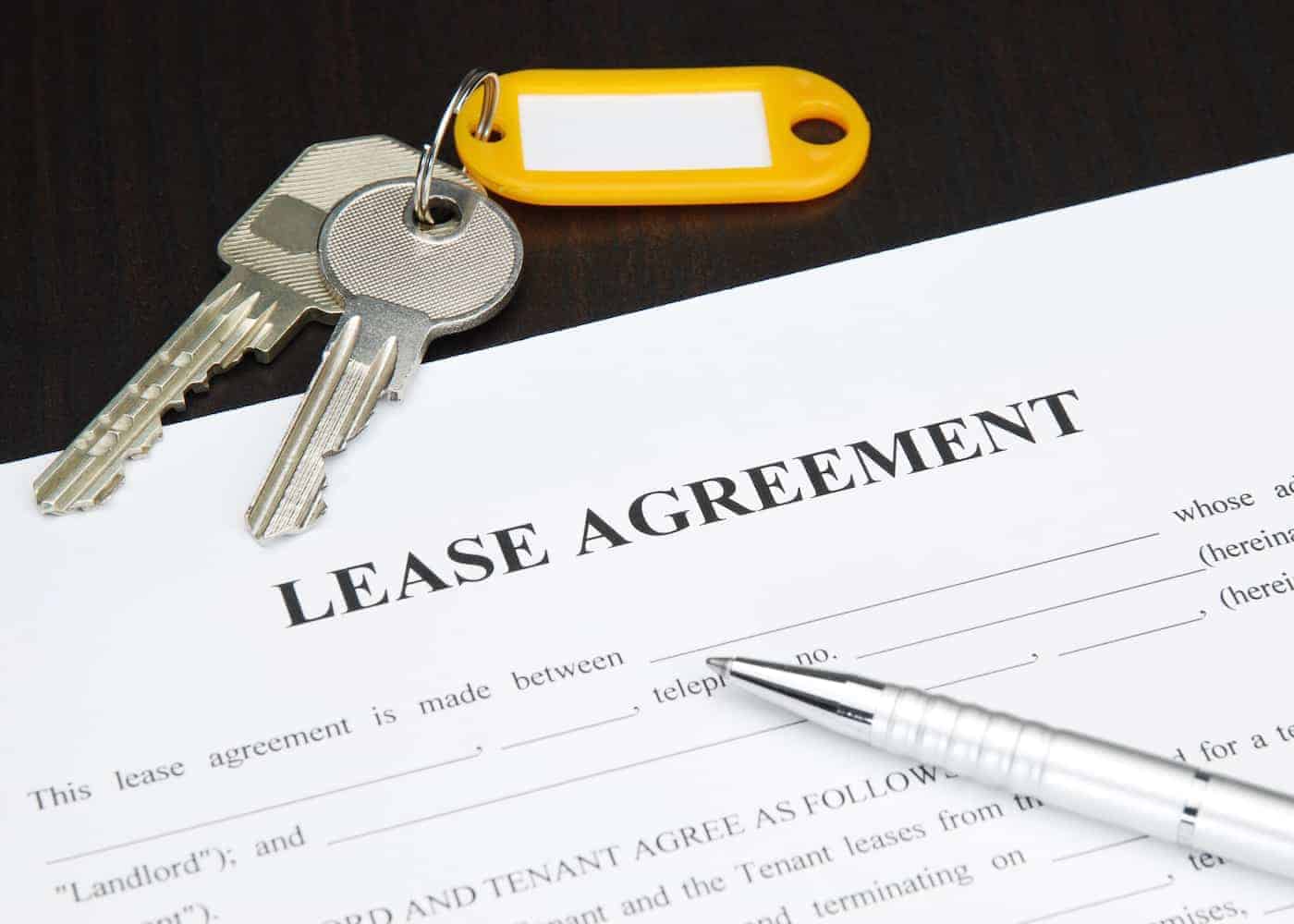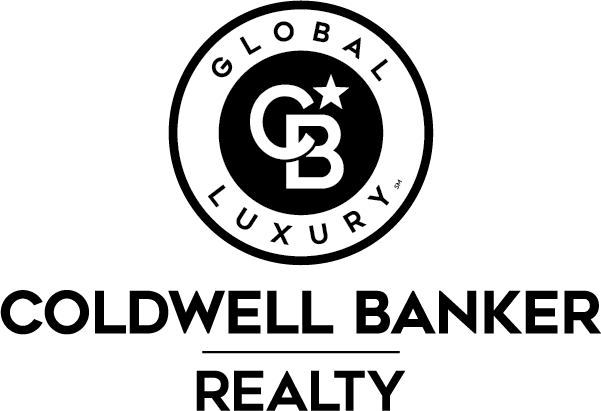Watch Out for These Red Flags When Signing a New Lease
Lease Red Flags: Are you trying to rent a new place but getting ignored or misled? For example, I recently helped an out-of-state client who struggled to find a rental for her son in Los Angeles. She often faced scammers or got no response to her calls and emails. To help you avoid similar issues, here are seven red flags to watch for when leasing a property.
1. Unclear or Vague Lease Terms
A lease should be clear and easy to understand. However, some leases hide important details. Be cautious of:
-
Missing information about rent increases, maintenance duties, or how to end the lease.
-
Confusing terms that are hard to follow.
-
Promises made verbally but not written in the lease.
Tip: Always read the lease carefully. Additionally, ask for written clarification before you sign.
2. Pressure to Sign Quickly
If a landlord pushes you to sign right away or says the property is in high demand, slow down. This might mean:
-
The property has hidden problems.
-
They don’t want you to review the lease or inspect the place.
Tip: Take your time to check all documents and visit the property. Also, a good landlord won’t pressure you.
3. Poor Property Condition
Before signing, inspect the property closely for signs of neglect. For instance, look for:
-
Water stains, mold, or pests.
-
Broken appliances, leaky pipes, or faulty wiring.
-
Messy common areas or poorly maintained exteriors.
Tip: Write down any issues during your visit. Then, request repairs in writing before you sign.
4. Unresponsive or Unprofessional Landlord
How a landlord acts before you sign is a clue about their reliability. In particular, watch for:
-
Hard-to-reach landlords or slow responses.
-
Refusal to answer questions or share references.
-
Vague answers about repairs or past tenant issues.
Tip: Ask for contact info of current or past tenants to check the landlord’s track record.
5. Suspicious Payment Demands
Be careful of odd payment requests. For example, red flags include:
-
Large deposits with no clear refund rules.
-
Demands for cash-only payments or transfers to personal accounts.
-
Extra fees not listed in the lease.
Tip: Keep records of all payments. Moreover, use secure methods like checks or bank transfers.
6. Lack of Proper Documentation
A proper lease process needs clear paperwork. Specifically, ensure you have:
-
A written lease, not just verbal agreements.
-
Detailed records of deposits, fees, and payment schedules.
-
Proof the landlord owns or is authorized to rent the property.
Tip: Request copies of all documents. Also, verify the landlord’s credentials if something seems off.
7. Inconsistent or Missing Reviews
If a landlord or property manager has no online reviews or mostly bad ones, be cautious. In particular, check for:
-
Complaints about slow repairs or unfair treatment.
-
Listings or reviews that seem unclear or untrustworthy.
Tip: Search for the landlord or property on review sites. Additionally, check tenant forums for honest feedback.
Final Thoughts
Signing a lease is a big step, so trust your gut and do your homework. If something feels wrong, ask questions, get answers, or walk away. Ultimately, a clear lease and a dependable landlord make for a worry-free rental experience.
Lastly, need a skilled REALTOR® in Los Angeles with leasing expertise? See my client reviews and past sales/rentals online.
Zillow: https://www.zillow.com/profile/johnnyaragon23
Google: https://share.google/ZeZW2wmEa8h6Iqorh
Past Sales: https://johnnyaragonhomes.com/listings/my-past-sold-properties
Disclaimer: This guide is for general information only. Consult a legal professional for advice tailored to your situation.

 Facebook
Facebook
 X
X
 Pinterest
Pinterest
 Copy Link
Copy Link



